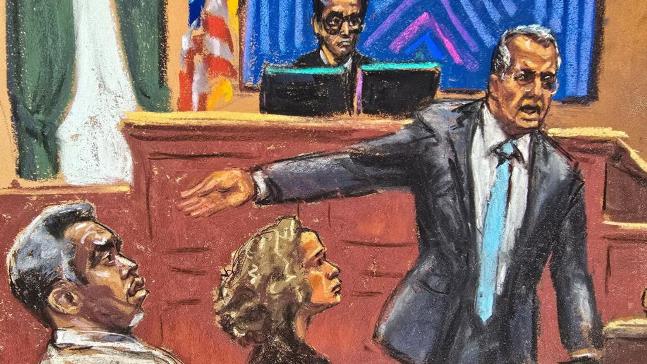After recent military actions, U.S. President Donald Trump suggested the possibility of a regime change in Iran. This statement followed U.S. airstrikes targeting Iran’s nuclear facilities.
Trump questioned the current Iranian leadership’s ability to restore the nation’s former glory, raising the issue of a potential regime change.
Tensions between Israel and Iran have escalated, with both countries exchanging attacks, raising global concerns about a broader conflict.
Analysts believe the U.S. airstrikes on Iranian nuclear sites have provoked a strong response from Iran, further destabilizing the region. The situation remains uncertain and dangerous as the world awaits Iran’s next actions.
Iran’s Foreign Minister, Abbas Araghchi, condemned the U.S. strikes as “unforgivable,” asserting Iran’s right to self-defense.
This reflects Iran’s determination to retaliate against what it perceives as unjust aggression. The Iranian government is expected to respond, addressing the military actions and asserting its global sovereignty.
UN reports on radiation levels following U.S. attacks
After the U.S. attacks, the United Nations reported no increase in radiation levels outside the targeted facilities at Fordow, Natanz, and Isfahan.
This information offers some reassurance to the international community, indicating that while the military actions were significant, they did not lead to an immediate environmental crisis. Ongoing monitoring remains essential.
The escalating conflict’s human cost is becoming more evident, with Iran reporting over 400 deaths and 3,056 injuries from the ongoing violence, particularly since Israeli attacks began on June 13. Israeli casualties have also risen, with at least 24 fatalities from Iranian strikes.
These numbers underscore the tragic impact of war, where civilians often suffer the consequences of geopolitical tensions.
As the situation unfolds, it is evident that both Iran and the United States, as well as regional stability, face high stakes.
The potential for regime change, military responses, and humanitarian crises presents significant challenges for international diplomacy. The world observes closely, hoping for a resolution that avoids further escalation and promotes peace in a conflict-ridden region.
Check also;
This is not a Paywall, but Newslex Point's journalism consumes a lot of time, hard-work and money. That's why we're kindly requesting you to support us in anyway they can, for as little as $1 or more, you can support us .Please use the button below to contribute to Newslex Point, Inc. using a credit card or via PayPal.

 Newslex Point News in Uganda, Uganda news
Newslex Point News in Uganda, Uganda news











